At first glance, the U.S. Supreme Court decision in Vidal v. Elster, also known as the “Trump Too Small” case, looks like a mess. Despite a unanimous ruling, there were four separate opinions positing different reasoning, some of which were joined only in certain parts by other justices. One could use a large wall and several colors of string to document the nuances of each justice’s perspective. Fortunately, wading this deep into the opinion is unnecessary. This would be like attempting to map each rivulet on the floor of the Amazon River. The river will never run that low, so the precise depth of each channel doesn’t matter for all but the most obsessed.
This case, despite the superficially varied opinions, can be recast as a united singular proposition of political free speech law: One can’t corner the market on disparaging a named politician.
Unfortunately, the case does not speak in such direct terms about political speech. Rather, it distorts through a clouded trademark lens. The cloudiness is a result of a battle of methods of constitutional interpretation that don’t matter here since they all reach the same result.
Generally, the case discusses the commercial speech value of a slogan, and the use of another person’s name, to conclude that a third party isn’t permitted to trade on the name of another. The opinion (or rather, all four opinions) uses an unnecessarily complex approach to reach the simplified/unified holding that trademarks cannot be used to restrict political speech.
“Trump Too Small,” which Steve Elster, a California attorney and political activist, sought to trademark along with an associated hand gesture, is an example of a political slogan. It prompts a smirk in all but the most prudish. Its double entendre is designed to convey messages about former President Donald Trump’s psychology and his physiology. Messages like this have nothing to do with branding, unlike familiar slogans such as “I’m a Pepper,” “Just Do It,” and “I’m Lovin’ It.” It wasn’t designed to identify Elster’s product line; it was meant as a political statement.
Therein lies the core of the case. If you are an opponent of Trump, then you should not want Elster to be able to trademark the anti-Trump slogan because you’d need to get Elster’s permission to use it. Intellectual property rights are a government-conveyed monopoly that makes it more expensive, and potentially impossible, for others to use those words—in this instance, words that convey a political message. Because Elster would control the phrase, he could police who uses it and how much they would have to pay him to do so. Restricting use is the entire point of a trademark.
Take for instance, Trump’s use of “Make America Great Again” as his slogan. After he began using it, Nashville radio personality Bobby Bones registered a trademark on the slogan and claimed to have extorted a charitable donation from Trump, then tweeted “Have your slogan back” after Trump made a donation. Bones was clearly trolling Trump, both politically and in the intellectual property sense. We do not want a world where IP trolls rush to the U.S. Patent and Trademark Office, registering a trademark and preventing political actors from expressing themselves in potent terms anytime a politician turns a phrase, regardless of the purpose.
Elster’s attempted monopolization of “Trump Too Small” had nothing to do with branding, and everything to do with politics. It wasn’t about product control, identification, or marketing by Elster. It was about criticizing Trump as a person.
Imagine if Trump had thought to trademark “Trump Too Small,” or any slogan or phrase he could envision portraying him in a negative way, not for the purpose of using the phrase but to silence others from speaking ill of him. Trademark registration is low-cost and trolling could be used to prevent an opponent from saying harmful things—at least long enough to win an election. Why not “catch and kill” harmful expressions in addition to harmful stories in tabloids? This was the real danger lurking in this case.
At the opposite end of the political spectrum, no one should be able to prevent the political use of the phrase “Let’s Go Brandon”—even race car driver Brandon Brown, who many Americans would have never known existed had it not been for his name accidentally becoming a meme. Trademark registration should be limited to commercial purposes so as not to intentionally restrain political free speech.
So, let anyone who wishes declare that Trump is too small or voice their fake support for a middling NASCAR driver. This is America, damn it! And it is good the Supreme Court left it that way—even if their respective voices couldn’t say it in a more direct and singular way.
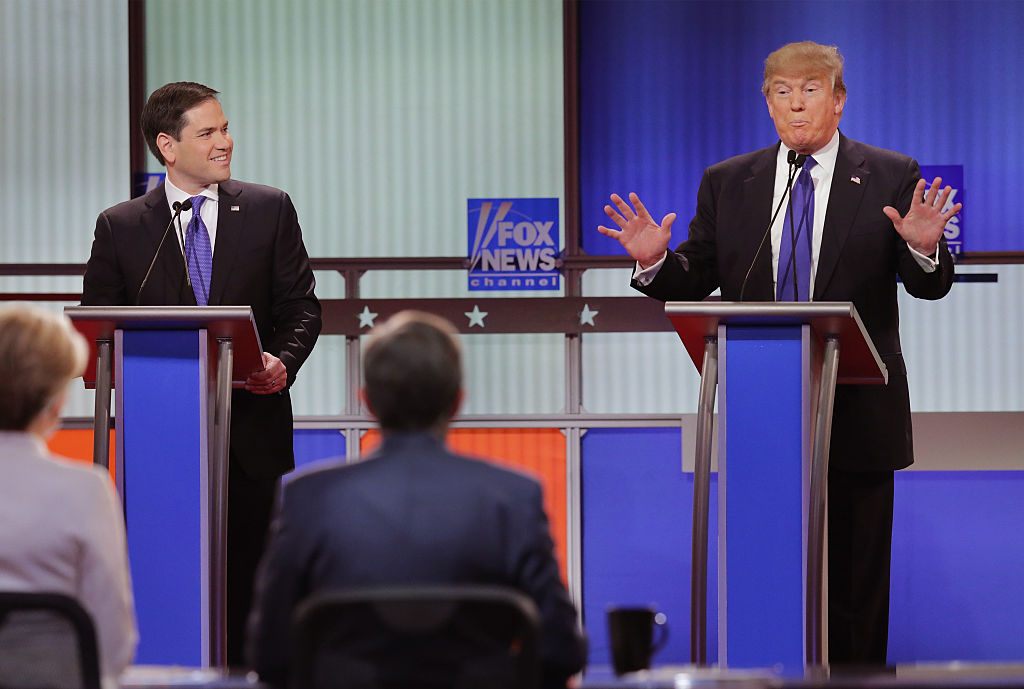
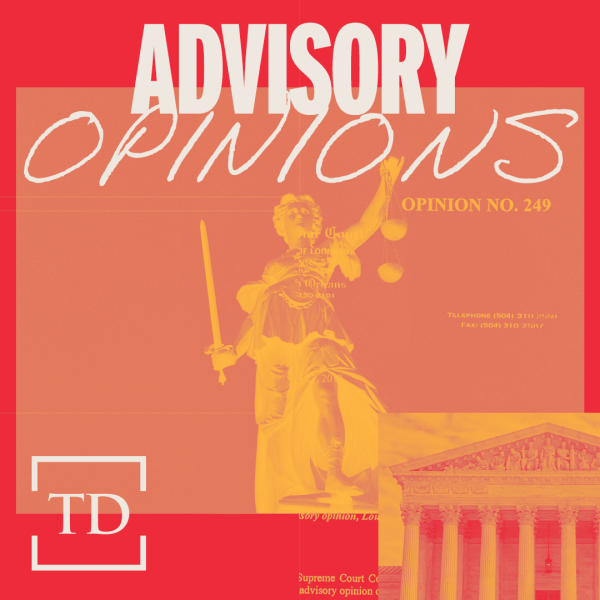
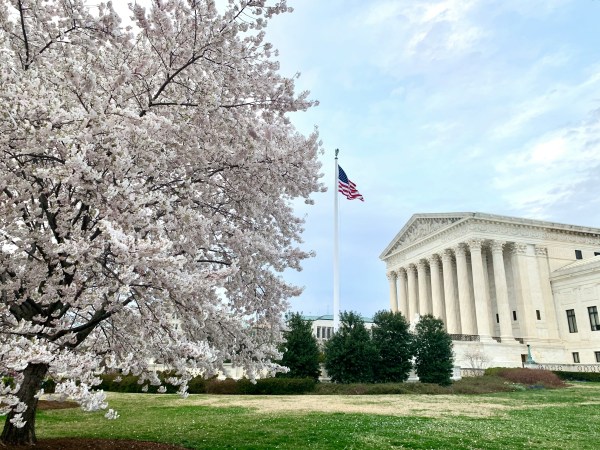
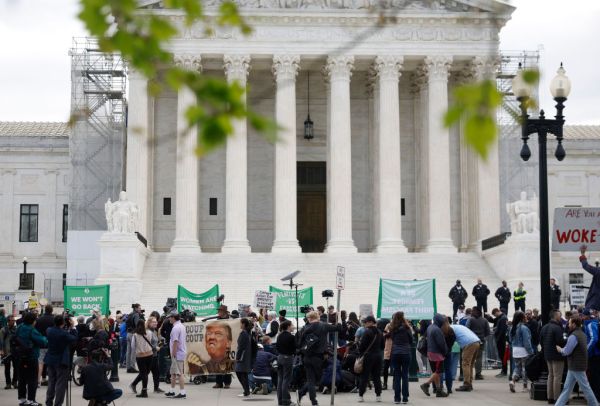

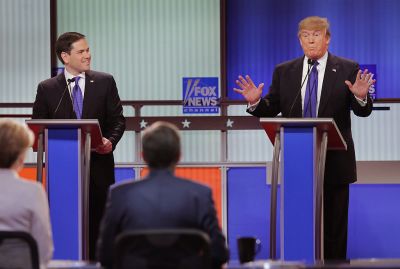
Please note that we at The Dispatch hold ourselves, our work, and our commenters to a higher standard than other places on the internet. We welcome comments that foster genuine debate or discussion—including comments critical of us or our work—but responses that include ad hominem attacks on fellow Dispatch members or are intended to stoke fear and anger may be moderated.
With your membership, you only have the ability to comment on The Morning Dispatch articles. Consider upgrading to join the conversation everywhere.